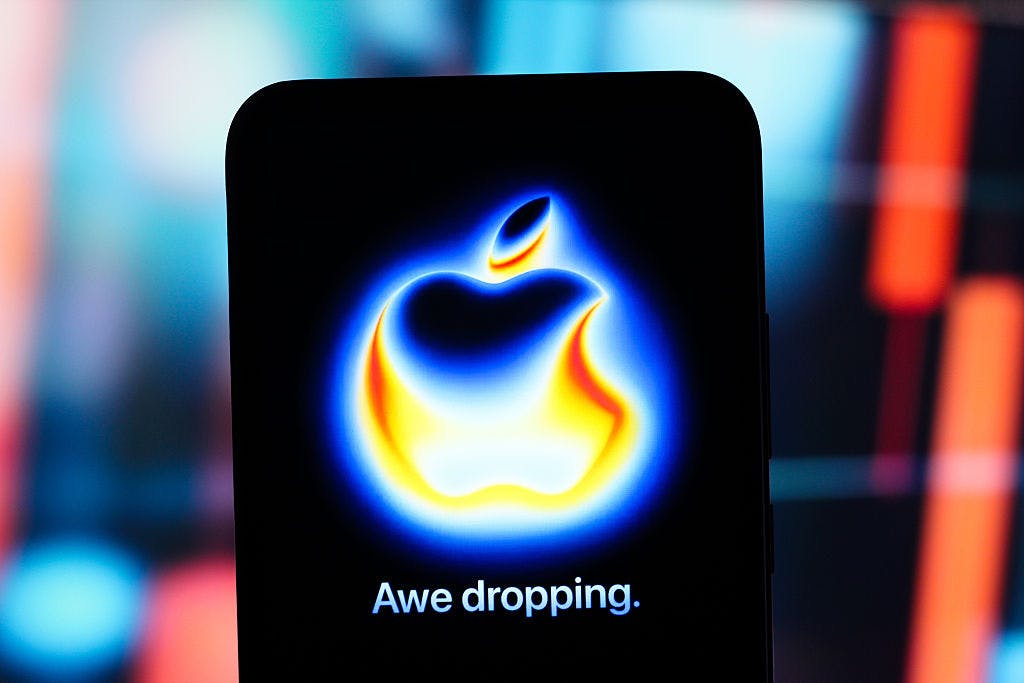Apple’s latest phone is betting on looks, while Google looks inward
Apple gets a hardware upgrade. Google gets a software overhaul.
During Apple’s iPhone 17 event on September 9, the company is expected to release the first of three major hardware upgrades to its flagship device, starting with a skinny iPhone Air without many AI upgrades.
Apple’s first major physical iPhone changes in years put it in sharp contrast with Google, which at its phone event last month debuted a Pixel 10 that looked pretty much like the Pixel 9. The real changes for Google’s phone are under the hood, as the device leverages AI in ways Apple has only advertised, proactively fetching information and displaying it when you need it. A number of reviews are in and the AI upgrades have been mostly well received so far.
It’s not that Apple doesn’t want to work on its inner iPhone, but rather that it has mostly failed to bring the AI upgrades it promised last year to fruition and has been struggling ever since.
Apple is certainly hoping to course-correct its AI efforts by promising an even better revamped AI Siri this spring. But to do so, it appears that Apple is... relying on Google. Earlier this week, Apple’s stock rose on news that it was working on its own ChatGPT competitor, but it may be relying on Google’s AI technology to do so.
Despite its missteps, however, Apple has a major advantage in this situation in that it has a much bigger, notably locked-in customer base that will be difficult to chip away.
